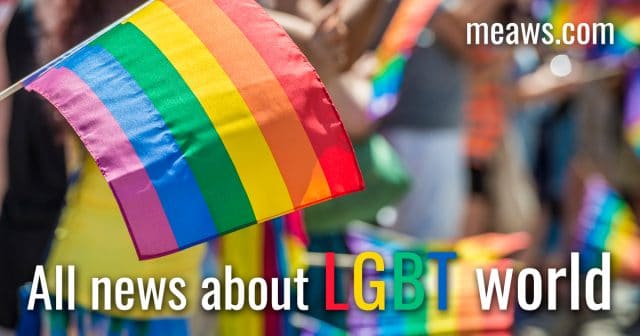
 Photo by Sayo Garcia on Unsplash
Photo by Sayo Garcia on Unsplash
Gay men are feeling lonely and rejected in China.
A new study by the University of Hawaii at Mānoa says that Chinese gay men ages 25-29 are eight times more likely to feel criticized and rejected in their country than men ages 20 and down.
The study, published in the International Journal of Environmental Research and Public Health, was created as a part of public health researchers’ wish to understand LGBTQ people. Knowing the mental health status of LGBTQ people will hopefully help health experts know how to better serve them. This is fairly forward thinking despite the fact that China still has a live and let live policy for LGBTQ people that turns hostile once they congregate too much in public or private spaces.
In order to conduct the study, 367 gay men in China were surveyed (both online and face-to-face). The men were asked questions to gauge feelings of loneliness, depression, anxiety, and other psychological issues. As the university states, many of the questions were focused on analyzing the men’s “interpersonal sensitivity,” or their ability to perceive and withstand criticism or rejection from others.
 Photo by mandy zhu on Unsplash
Photo by mandy zhu on Unsplash
The results found that gay men who had more sexual partners, no siblings, no college degree, and/or earned less money than average were more likely to have signs of loneliness and interpersonal sensitivity. In addition, there was no connection found between coming out and the degrees of interpersonal sensitivity, though those who came out were less likely to feel lonely.
Ultimately, these results show a connection to loneliness and self-esteem with social expectations and culture in China.
“Traditional Chinese culture puts a strong emphasis on family inheritance and reproduction,” said Assistant Professor and research co-author Thomas Lee. “Our results suggest that we need to be more aware of Chinese gay men’s mental health and that everyone, especially family members, should offer more support to Chinese gay men and work to create a social environment that is more open and inclusive.”
But there is one route that could possibly help meet societal standards and combat these feelings of loneliness, surrogacy. The owner of Blued, the most popular gay dating app in the world, has created a new service to help gay men become fathers through surrogacy. He’s doing so in his mission to make life in China better for gay men.
 Photo by Goh Rhy Yan on Unsplash
Photo by Goh Rhy Yan on Unsplash
Despite that possible solution, there are still other problems surrounding gay men. There’s room to speculate the government’s involvement in citizens’ lives having an effect on these results.
While homosexuality is legal in China, there is a heavy atmosphere around LGBTQ life. The country has regularly banned and barred LGBTQ content from appearing in films, tv shows, and even online. Social media sources have gone through cleansing periods to fit the government’s censorship rules concerning same-sex content. In addition, the government has openly condemned LGBTQ functions like film festivals or parents of LGBTQ people trying to find dates for their children.
All of this hostile treatment must also be affecting the pressure of societal expectations placed onto gay men. But more research is necessary to say for sure.
Source: University of Hawaii







